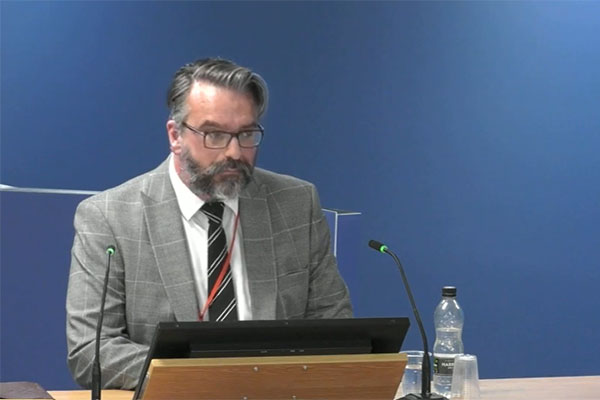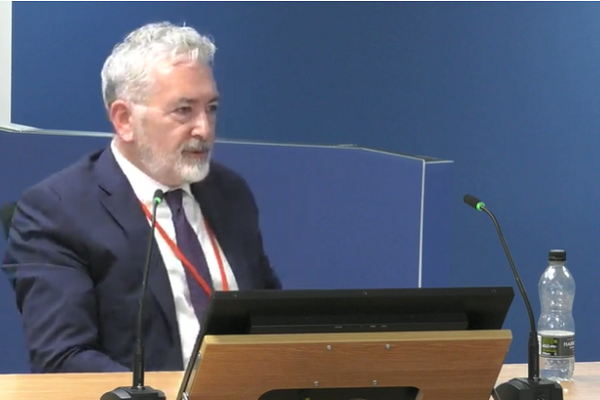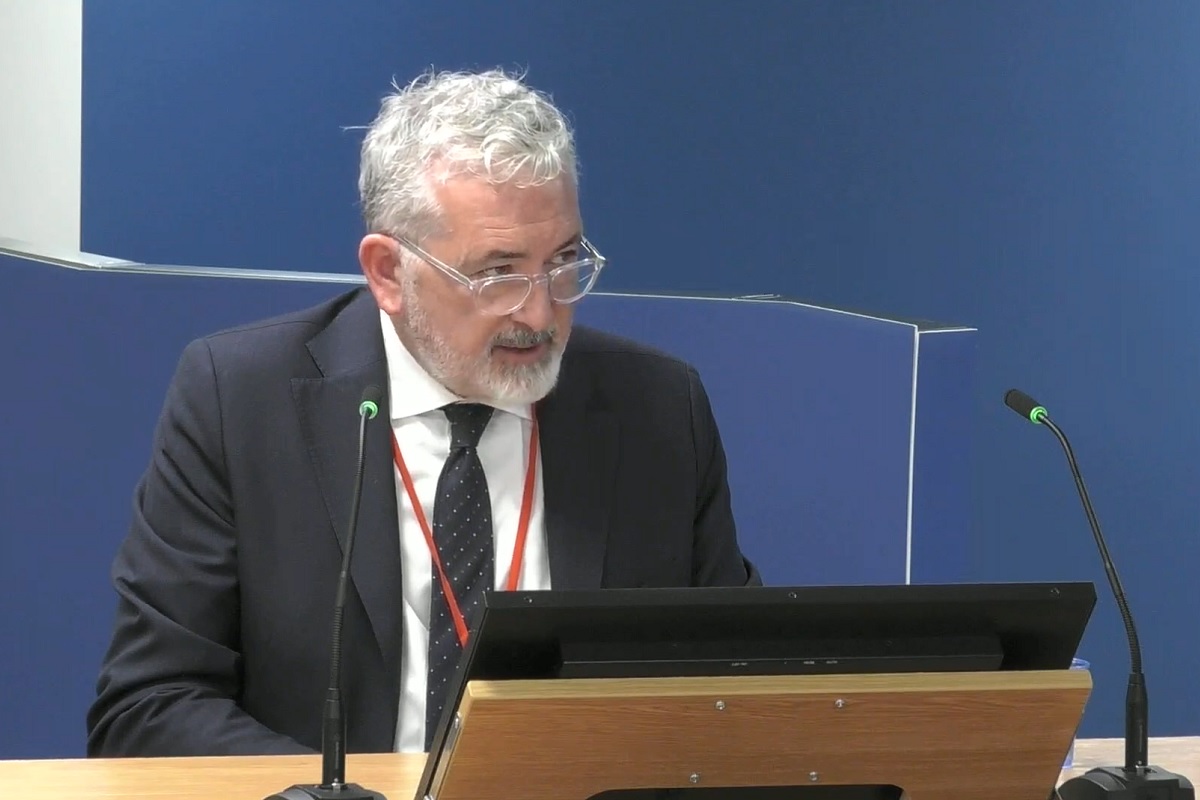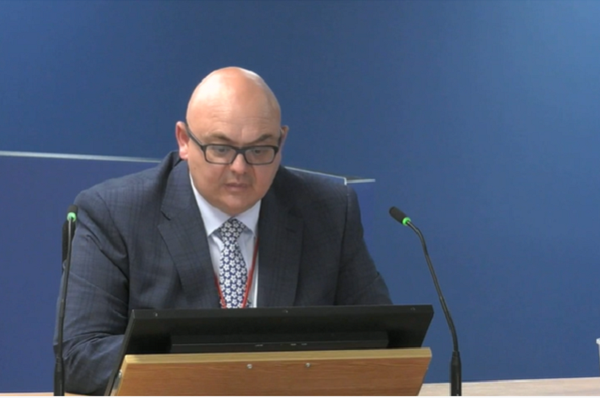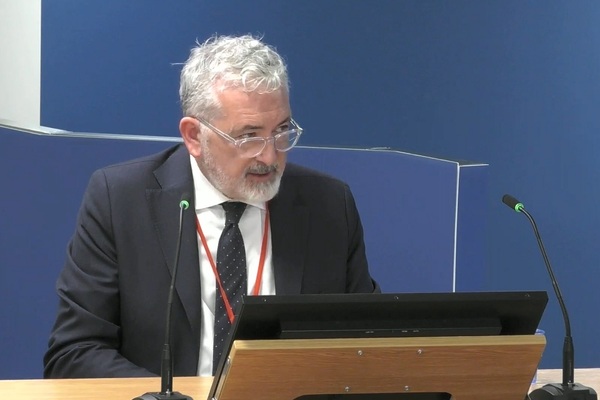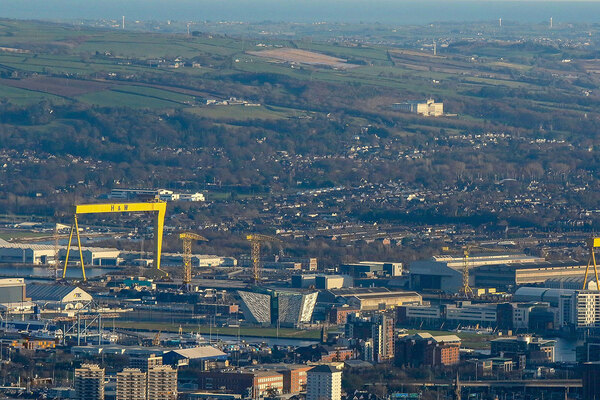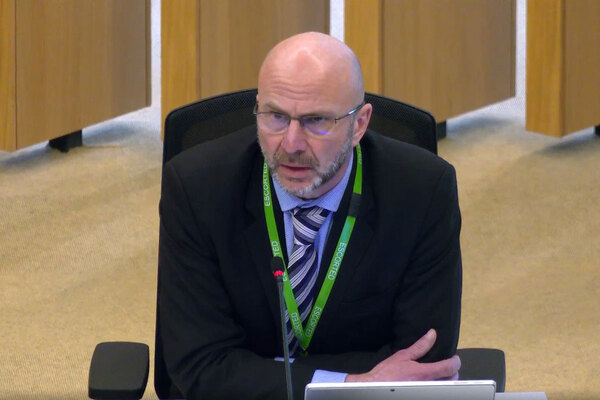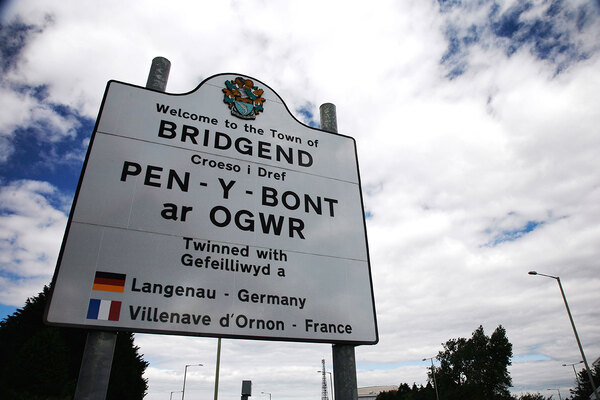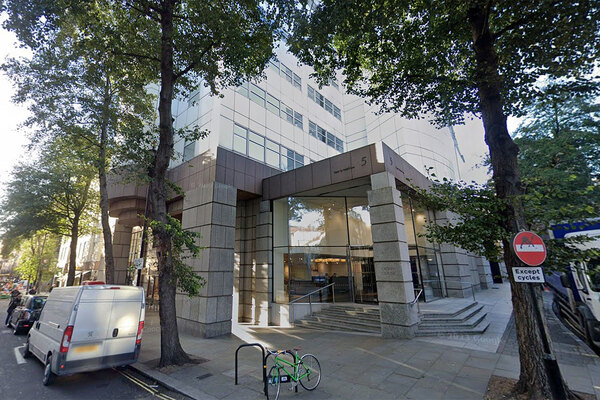You are viewing 1 of your 1 free articles
Grenfell contractors accused of ‘selective’ customer satisfaction data collection
The company contracted to deliver repairs for Kensington and Chelsea Tenant Management Organisation (KCTMO) has denied claims that it sought to bolster customer satisfaction rates through a selective feedback approach.
Graham Webb, former managing director of Repairs Direct, today denied accusations that the company – which provided repairs for KCTMO – sought to improve customer feedback rates by targeting cases that would likely deliver favourable results.
Mr Webb, who took over Repairs Direct in January 2016, was shown a witness statement from one of his former employees who suggested the feedback she gathered did not give an accurate reflection of customer satisfaction.
Former employee Samantha Burrell’s witness statement said: “We had to maintain over a 90%–95% satisfaction rate, so if I was to make 10 calls who gave marks under six, I would have to call another 10 residents to make sure the percentage went higher.
“However in my view these statistics did not provide a true picture of the repairs carried out. When I commenced employment with [Repairs Direct], the ethos was to select specific jobs which was almost a guarantee positive reaction to the works for example, a tap repair, to bolster the percentage.”
Asked whether he recognised these methods, Mr Webb said: “Absolutely not. My firm belief was that calls were selected at random.”
Mr Webb was also shown testimony from residents on the Lancaster West Estate that showed the extent of residents’ dissatisfaction with repairs by his company, which was a wholly owned subsidiary of KCTMO.
One resident at Grenfell had complained about becoming trapped in their flat after having a new flat entrance door installed. When an operative from Repairs Direct came to fix it they offered to take the self-closing mechanism out for the resident.
Mr Webb said that he could not explain why this offer had been made and that he was “disappointed if that is the case”.
Nearly two-thirds of fire door self-closers were missing from flat entrance doors in Grenfell Tower. This has been blamed for crucial loss of compartmentation in the fire, allowing smoke to spread through the building.
Another statement from a Lancaster West Estate resident complained of a “huge lack of co-ordination between the TMO and Repairs Direct” and accused operatives of “ignoring procedure”.
Mr Webb said he did not agree with claims of a lack of co-ordination, adding: “I was certainly not being complacent and I do believe that our service could improve but not to the degree that she describes.”
The inquiry has previously heard about an enormous repairs backlog at KCTMO, which had 2,300 jobs in 2015, 4,000 in 2016 and 5,400 in 2017.
There has also been much focus on struggles to complete actions identified as necessary by fire risk assessments – with a backlog of 1,400 jobs in 2014. While this was reduced, it still stood at 287 outstanding actions by the time of the Grenfell Tower fire.
Mr Webb said that this did come up at monthly meetings with management, but that it was not subject to a key performance indicator in KCTMO’s monitoring of the repairs business.
Asked why not, he said: “If you have more than eight headline KPIs, it’s actually very difficult to absorb the content.”
The inquiry continues tomorrow, and will focus specifically on the issue of the smoke ventilation system, with opening statements from several core participants.
Sign up for our weekly Grenfell Inquiry newsletter
Each week we send out a newsletter rounding up the key news from the Grenfell Inquiry, along with the headlines from the week
Already have an account? Click here to manage your newsletters
